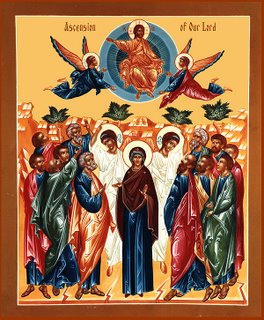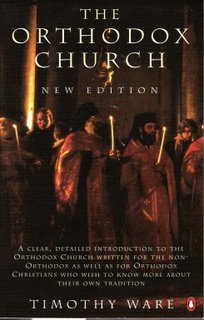
Mr Wall has been charged with knowingly and wilfully inflicting grievous bodily harm on all ten members of the Green Bottle family (pictured above, after major reconstructive surgery).
A number of incidents had been reported in the vicinity of Mr Wall's residence, but suspicion only really began to be aroused when neighbours heard local children singing a song about the incidents, and began to wonder what the actual chances were of all ten bottles accidentally falling off the wall.
In an official police statement, it was revealed that this is not the first time that Mr Wall has been investigated for such offences. Some years ago, there was a major incident in which the Armed Forces got involved, as the situation got quite out of hand. The victim of the earlier attack is the key prosecution witness, and any conviction rests on his testimony. In an interview with Sarisburium News, Mr Humpty Dumpty, who was clearly still very traumatised by his ordeal, could only bring himself to say, 'I hope justice is done here. Life has been very difficult for me over the past few years', before he fell to pieces.
The case for the defence is based on diminished responsibility, as the injuries incurred by the Green Bottle family were the responsibility of the person or persons who placed them on Mr Wall in the first place. The main thrust of the argument is that this was a silly place to put ten green bottles, and was an invasion of Mr Wall's personal space. 'I could just about cope with the two little dickie birds coming and going all day long', said Mr wall, in an exclusive interview, 'but when they started with those bottles, well, what could I do? It all got a bit much.' The defence is expected to argue that, after the first few bottles had fallen, the sensible and responsible thing to do would have been to move the rest of them to a safer environment. Instead, the party responsible for their wellbeing (whom, Sarisburium News understands, considers himself to be something of a poet), used the time to compose a song about the events to teach local children.
The sole defence witness is a character witness, Mr Wall's former work colleague, Mirror Mirror, who is known for her veracity. She is expected to testify to Mr Wall's upright and supportive nature.
Please stay tuned for reports on the progress of the case as events unfold.










